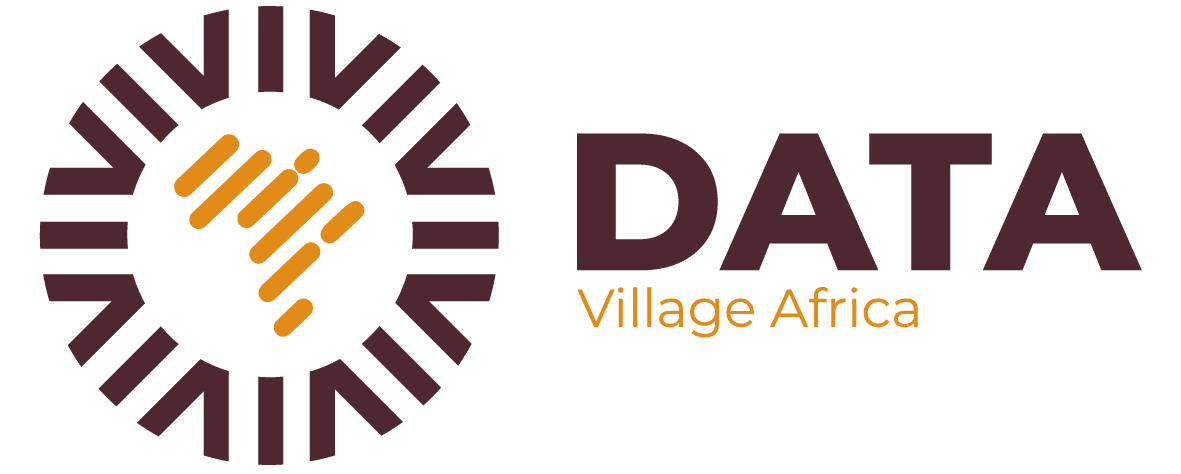Understanding Africa’s Unique Data Challenges
Africa is characterized by a diverse and complex landscape, which significantly influences its data environment. One of the principal challenges faced by African nations is data scarcity. Many countries struggle with insufficient local data, which hampers their ability to make informed decisions across various sectors. This is particularly evident in agriculture, where farmers often lack access to reliable data on weather patterns, soil conditions, and market trends. Consequently, these farmers cannot optimize their crop yields or make educated choices regarding the sale of their produce.
Furthermore, accessibility to existing data poses another obstacle. While some data may be available, the means to access and utilize it effectively are limited. This situation is exacerbated by inadequate data infrastructure, which affects not just the agricultural sector but also healthcare and finance. For instance, healthcare providers may not have access to vital patient data or health statistics, leading to inefficiencies and suboptimal care. In finance, the lack of reliable financial data can hinder investment opportunities and economic growth.
Another critical aspect of the data challenges in Africa is the relevance and applicability of the available data. Much of the data collected is often not contextualized, leading to interpretations that may not align with local cultural and socioeconomic realities. This disconnect can result in misguided policies and interventions that fail to address the actual needs of African communities. Thus, understanding the cultural context and local nuances is essential for developing effective data solutions. As seen in various initiatives aimed at improving agricultural outputs or healthcare access, localized data interpretations can lead to more relevant and impactful solutions.
Real-world examples, such as the use of mobile technology to gather agricultural data in rural areas, illustrate the urgency of addressing these data challenges. By prioritizing homegrown data solutions that take into account Africa’s unique context, stakeholders can empower communities and foster sustainable growth.
Building African-Centric AI Solutions
The rapid advancement of artificial intelligence offers remarkable opportunities for addressing unique challenges faced by African nations. Crafting AI solutions that cater specifically to the continent’s diverse needs entails a comprehensive understanding of local contexts, cultures, and industries. By leveraging homegrown talent and resources, initiatives have emerged that exemplify the potential of AI in driving sustainable development and enhancing the quality of life for many Africans.
One notable example is the use of predictive analytics in agriculture. In sub-Saharan Africa, where a considerable portion of the population relies on farming for their livelihoods, accurate forecasting of crop yields is crucial. Homegrown AI platforms analyze vast datasets—encompassing climate information, soil health, and historical yield patterns—to provide farmers with actionable insights. This data enables them to optimize planting schedules, improve resource allocation, and ultimately, increase food security across the region.
Another significant application of African-centric AI is in healthcare diagnostics. Several initiatives have harnessed AI technologies to tackle local health issues, such as diagnosing diseases that are prevalent in African communities. By employing machine learning algorithms, these systems analyze patient data, enhancing diagnostic accuracy and enabling timely interventions. For instance, AI tools have been developed to identify diseases such as malaria or tuberculosis, dramatically improving the efficiency of healthcare delivery in remote areas.
The successful implementation of these innovations hinges on collaboration among African governments, non-governmental organizations (NGOs), and tech innovators. Governments play a vital role in creating supportive regulatory frameworks that encourage investment in AI research and development. NGOs can help bridge the gap by providing resources and expertise, while local tech entrepreneurs drive the innovation needed to develop these solutions. Collectively, these stakeholders can foster an ecosystem that nurtures the growth of homegrown AI initiatives, leading to economic growth and improved living standards across the continent.

